The farming industry has warned persistent wet weather has dramatically impacted domestic food production. This will see us rely on imported food to satisfy demand, driving up prices.
Problematic Weather for Farmers
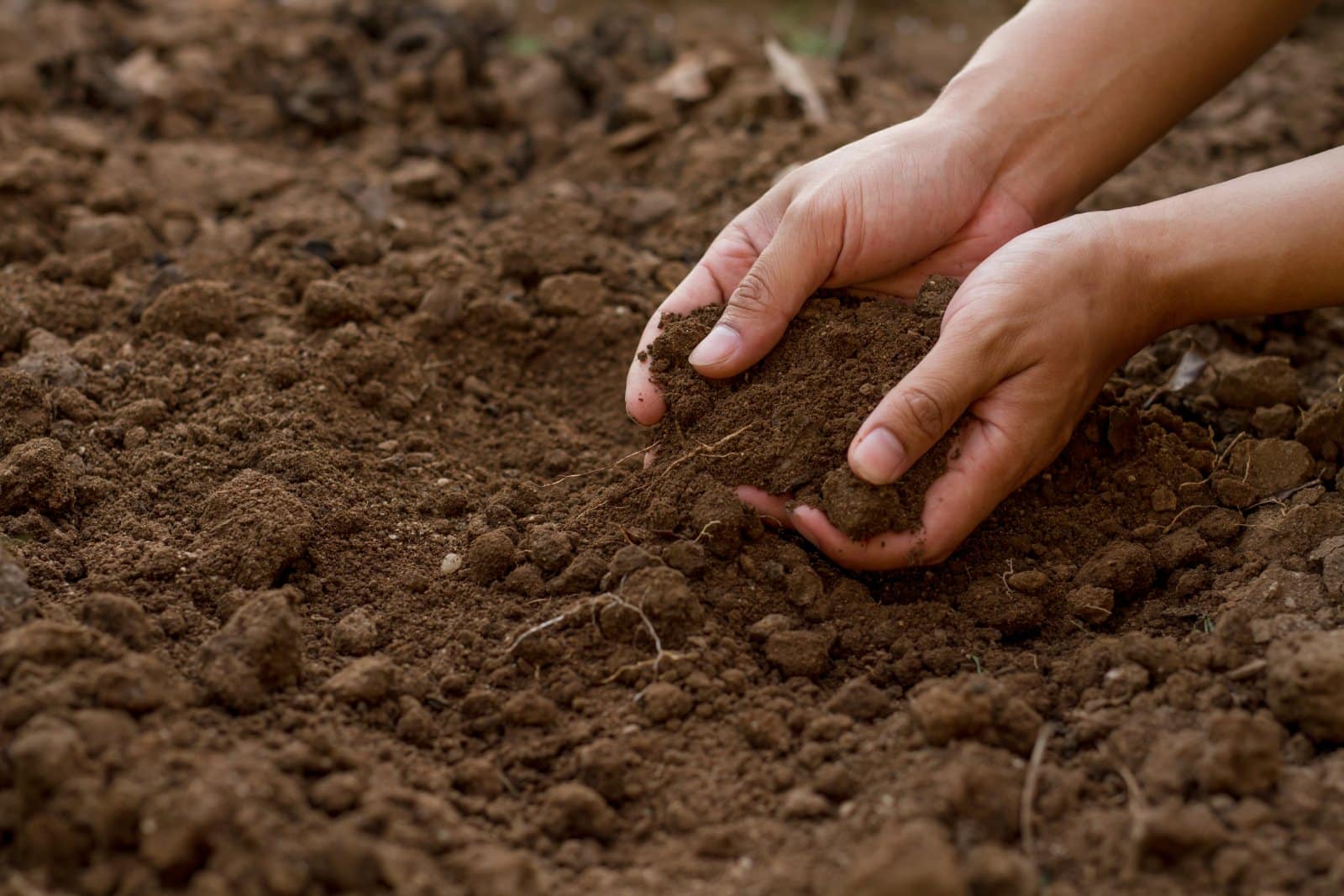
The warning about food production comes shortly after the Met Office announced that February was the fourth wettest on record. The poor sowing conditions have led farmers to warn about future yields.
Fields Sodden and Unsuitable for Growing

Several different crop varieties are planted in February, March and April, but many farmers say their fields are still underwater after heavy rainfall, rendering them completely unusable.
Problem an Ongoing One

The Met Office has frequently warned about the unfavourable weather. Records show 1,695.9mm of rain fell from October 2022 to March 2024, making it the wettest 18-months on record.
Yields Lowest in Years

The crops most heavily affected are wheat (15% down), Barley (22% down) and oil seed rape (28% down). The areas that have been planted are likely to produce worse-than-usual plants as well, thanks to poor growing conditions.
How Will Yields Affect Food Prices?

The lower yields mean supply and demand is impacted, driving up prices. The knock on effect means downstream products (wheat is turned into flour, bread and breakfast cereals for example) are also more expensive.
Industry Warnings About Supply

David Eudall, economics and analysis director at the Agriculture and Horticulture Development Board (AHDB) said: “We may see wheat production fall from about 14m tonnes to about 10m tonnes or less, so wheat processors, flour millers and bakers will be looking to import greater quantities of wheat this season for production into bread and animal feed.
Additional Farming Supplies Also Driving Price Hikes

He continued, “If we see continued lower production from poor weather, stubborn costs (eg fertiliser) and unprofitable prices, we will continually need more imports and further expose our market for a staple product in bread to the world trade.”
Animal Stocks Also Impacted
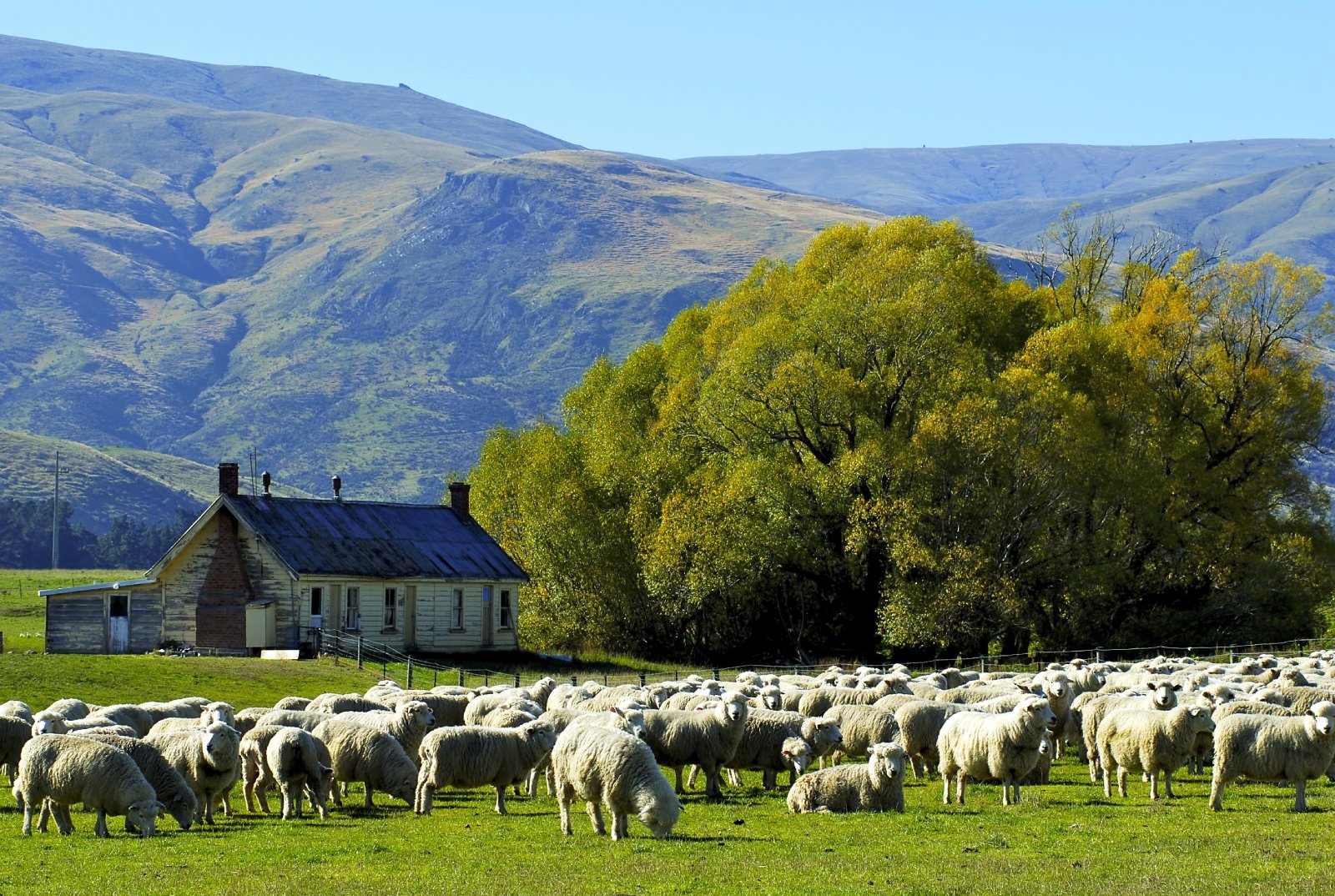
The National Farmers’ Union (NFU) reports that rain and longer cold spells have impacted sheep farmers. They said the weather has shown a “bleak attrition rate for lambs born this spring”.
National Farmers Union Have Further Warnings

Rachel Hallos, NFU vice-president said: “People should be in no doubt about the immense pressure UK farm businesses are under thanks to this unprecedented and constant rain. It’s no exaggeration to say a crisis is building. While farmers are bearing the brunt of it now, consumers may well see the effects through the year as produce simply doesn’t leave the farm gate.”
Wider Industry Problems Affecting Farmers

Hallos continued, “Combined with input costs which have been soaring for two years, the awful impact of this extreme weather on farmers cannot be overestimated. I have real worries for not just the financial situation of many NFU members, but also the impact this is having on them personally.”
Government Stepping In

In response to awful winter weather, the government has established several different help schemes to farmers who have been impacted by flooding.
Farming Recovery Fund

A government ‘farming recovery fund scheme’, allows eligible farmers grants of between £500 and £25,000. The money is to be used to return land to usable states after flooding, when insurance companies won’t help out.
Farming Minister Has His Say

Mark Spencer, the Farming Minister said: “I know how difficult this winter has been for farmers, with extreme weather such as Storm Henk having a devastating impact on both cropping and grazing, as well as damaging property and equipment.”
Explains Use Case for Farming Recovery Fund

He continued, “The farming recovery fund will support farmers who suffered uninsurable damage with grants of up to £25,000, and sits alongside broader support in our farming schemes to improve flood resilience.”
Shoppers Every Right to Feel Frustration
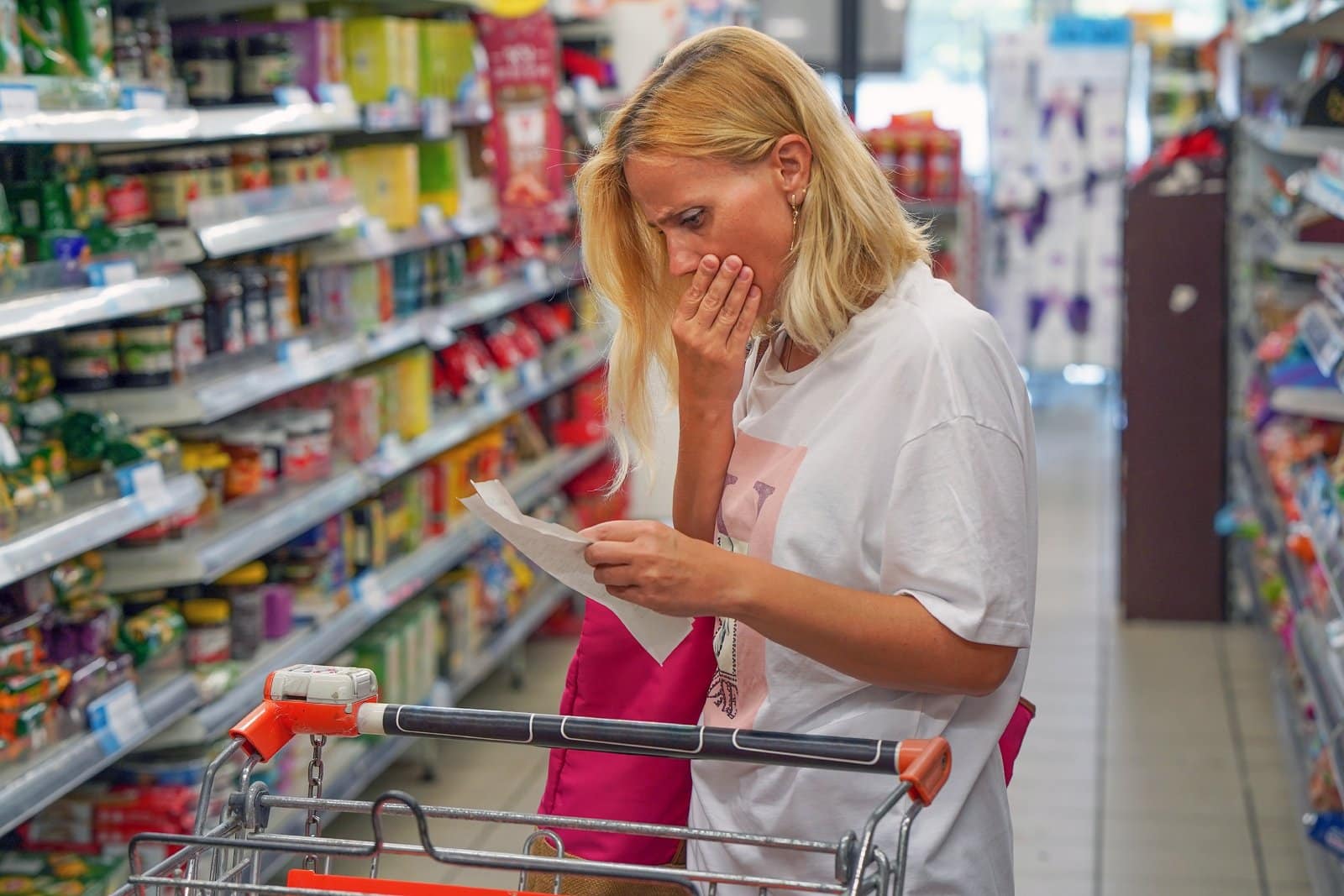
For some shoppers this must feel like the latest in an ongoing series of reasons to hike food prices. For the last two years it’s been increase after increase at the till.
Hopes Food Prices Would Reduce Dashed
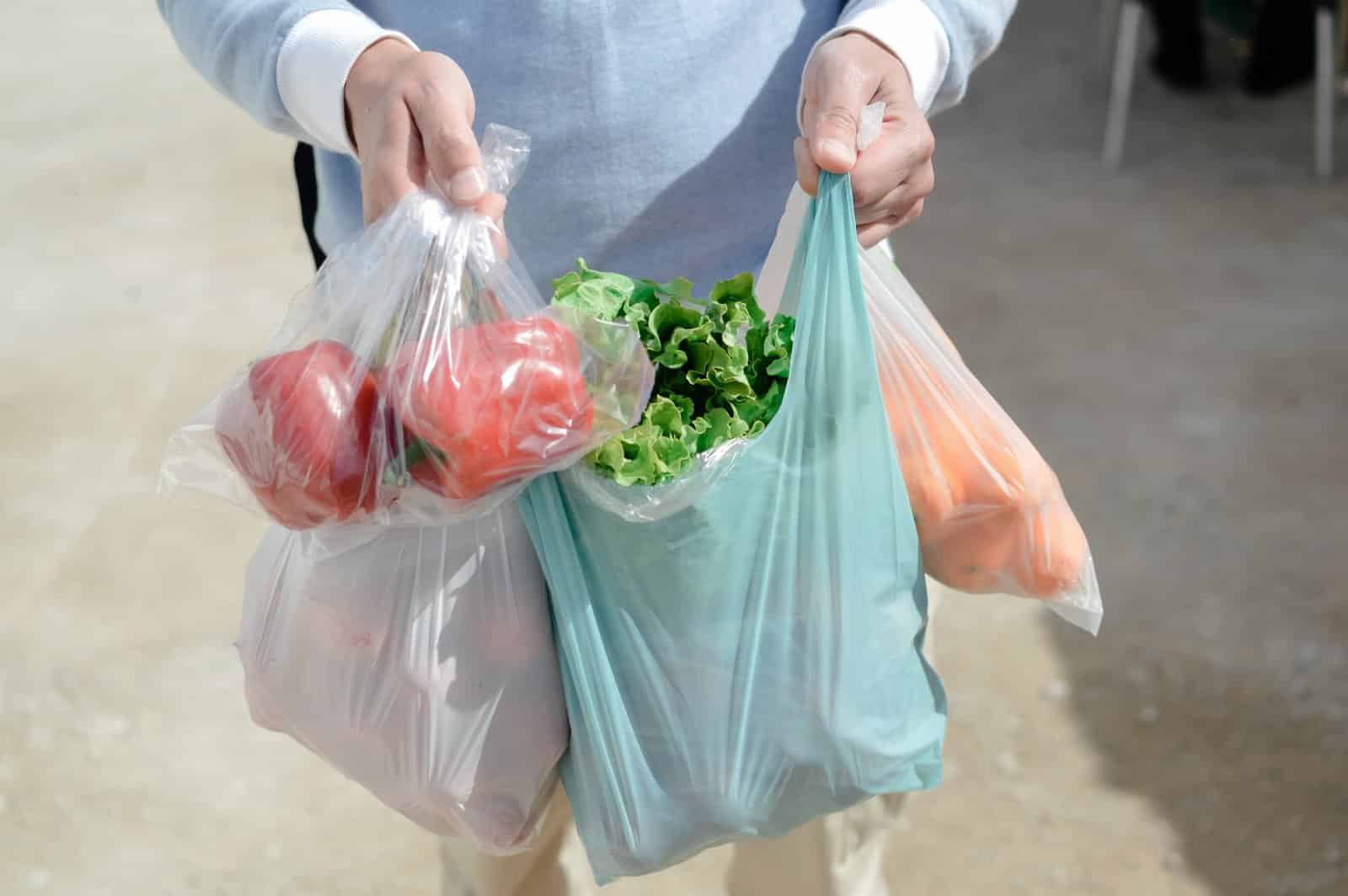
Typically in the summer, domestic food production is increased, resulting in lower prices. This poor spell of weather could prevent the wished-for price reduction.
Possible Reasons to Be Positive

The medium term forecasts suggest that the weather could be more settled, with even potential heatwaves on the horizon in the next few weeks. Whether or not that will be a case of too little, too late is yet to be seen.
Nature Still More Powerful Than Us
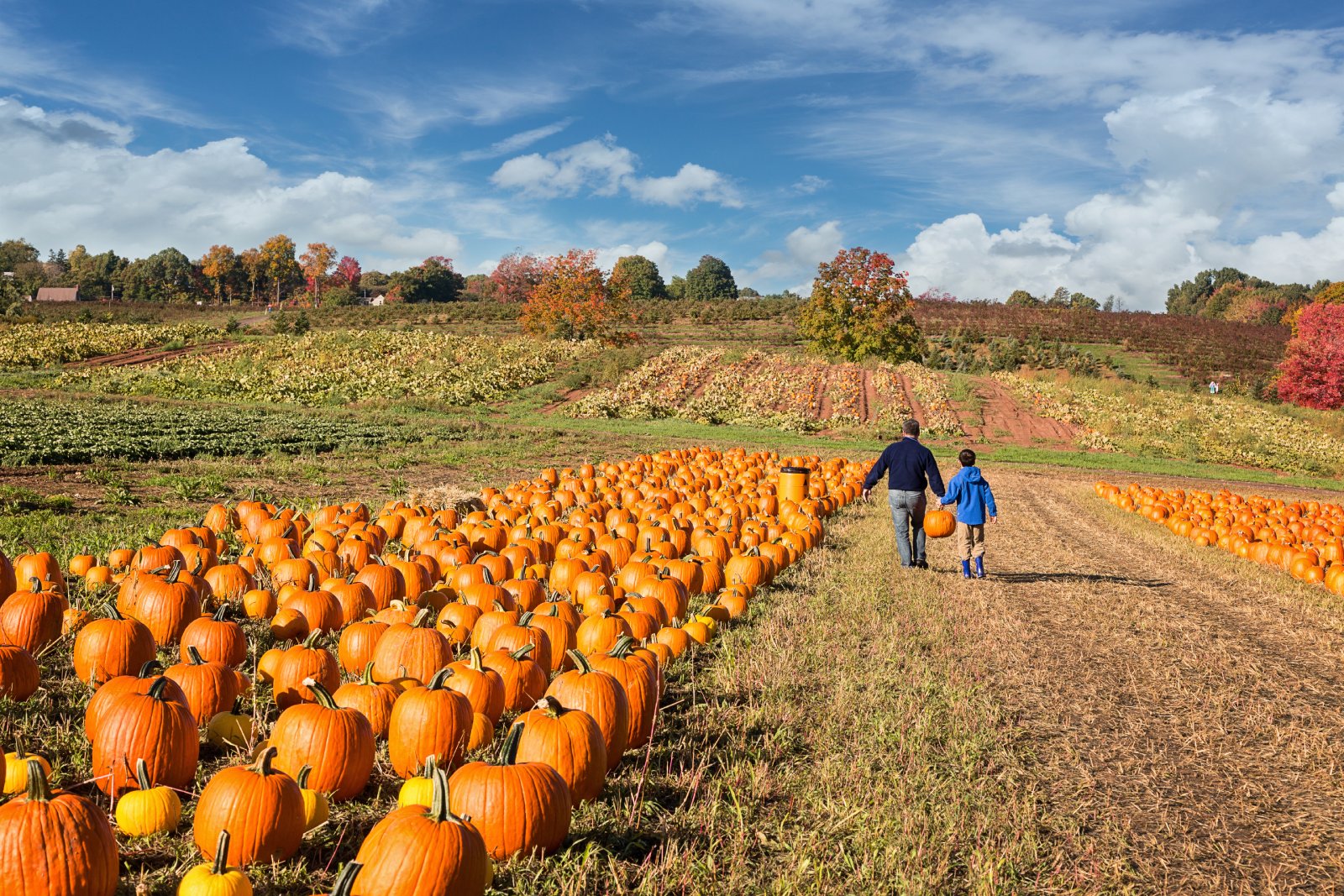
The reality is that despite advances in fertilisers, seed robustness, farming practices, weather forecasting and the like, we’re still at the whims of nature. We can’t override the weather…
The post UK Food Prices Set to Soar Due to Wet Weather first appeared on Swift Feed.
Featured Image Credit: Shutterstock / Budimir Jevtic.

